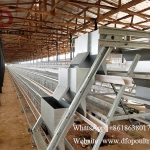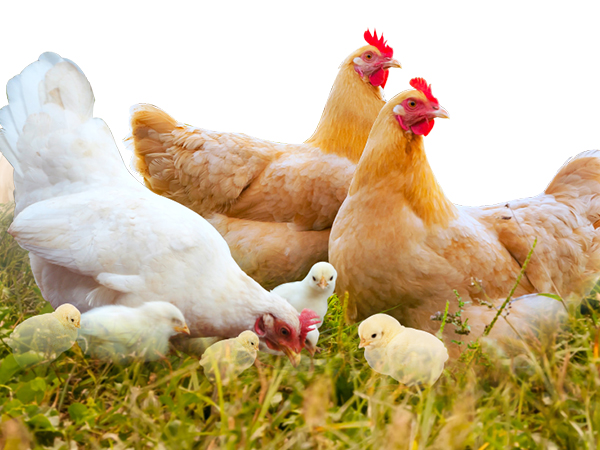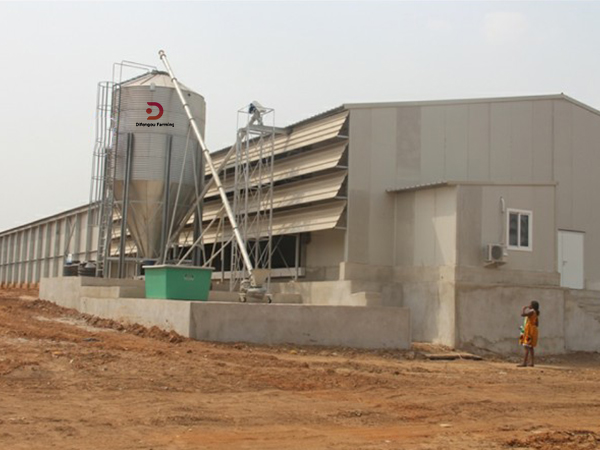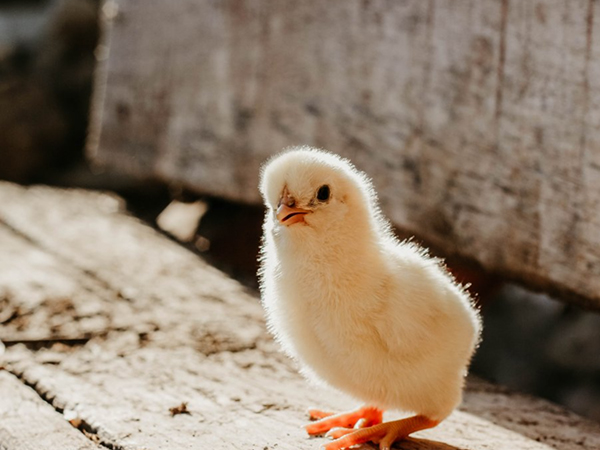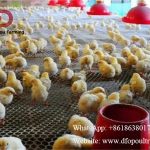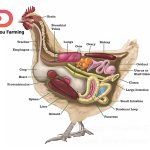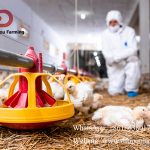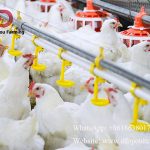Factors influencing the nature and scale of poultry farms in Africa
The direction and scale of poultry farm operations are influenced by various internal and external factors.
Market Demand
The prices of live chickens, eggs, chicks, and feed in the market are the main factors affecting the nature and scale of poultry farms. For example, if the price of feed remains stable and the price of broilers is high, it is advantageous to raise broilers. When there is a shortage of chicks and their prices are high, raising breeding chickens can be more profitable. With the increasing demand for green and high-quality poultry products, raising premium yellow-feathered broilers and free-range chickens has become a choice for many poultry farmers. The products produced by poultry farms are commodities that acquire value through market exchange. With the same amount of capital, different business directions and market conditions can yield significantly different returns. There are multiple directions for poultry farm operations, and to determine the direction (nature) of the farm, market needs and capacity must be considered. It is important not only to observe current needs but also to gather extensive market information, conduct detailed analysis, accurately predict market trends and future demands (as products that are currently priced high may not maintain their high value), and make informed decisions to achieve better profitability.
The demand volume, sales channels, and market share of poultry products directly affect the production efficiency of poultry farms. If there is high demand for poultry products in the market, a stable and sound price system, and smooth sales channels, a larger scale can be considered. Conversely, a smaller scale is more suitable when these conditions are not met. Production should be based on market needs to avoid blind production.
Management Capability
The competence and abilities of the operators directly influence the management level of poultry farms. Higher-level poultry farms (hierarchy: parent stock farm → grandparent stock farm → broiler parent stock farm → commercial farm) and larger-scale farms require higher levels of management. Operators with high competence and strong abilities can continuously make informed decisions based on market demand, constantly introduce and assimilate new scientific technologies, and effectively allocate and utilize various resources. They can also motivate their staff to achieve better economic benefits. On the other hand, if operators lack the necessary skills, flexibility, and a strategic mindset, it is more suitable to operate on a smaller scale.
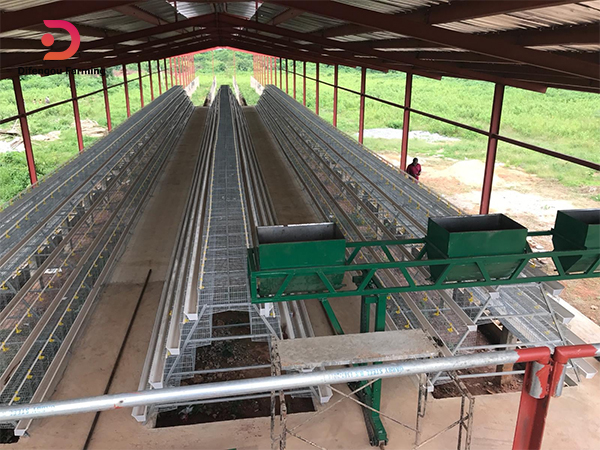
Capital Availability
Chicken farming requires substantial capital investment for land acquisition, construction of chicken houses, equipment and facilities, purchasing feed and chicks, and manure management. The higher the level and scale of the farm, the greater the investment required. For example, a breeding farm requires significant initial investment and high costs for sourcing breeding stock (such as grandparent chicks can cost tens of US dollars or tens of Chinese yuan). Blindly pursuing higher levels and expanding the scale without considering the amount of available capital can result in production disruptions due to insufficient funds. Therefore, determining the nature and scale of a poultry farm should be based on available resources. If there is a large amount of capital available and other conditions are met, a larger scale can be considered.
Technological Level
Modern poultry farming differs significantly from traditional methods, requiring high levels of technical support in terms of breed selection, environmental control, feed management, and overall farm management. The high-density rearing of chickens and their susceptibility to various stressors can significantly impact their health and pose greater challenges for disease control. To ensure the health of the flock and optimize production performance, the application of advanced technology is essential.
Different types of poultry farms have varying requirements for technological expertise. Breeding farms, especially the parent stock farms, rear multiple genetic strains such as A, B, C, and D. They need to perform tasks like hybrid breeding, selection, and incubation, as the quality and management directly influence the quality and production performance of the parent and commercial chickens. With multiple production stages and complex management processes, breeding farms demand strict isolation, hygiene, and disease prevention measures, necessitating a high level of technical proficiency. On the other hand, commercial farms have fewer production stages and relatively simpler management processes, resulting in lower technological requirements. However, neglecting technological expertise and capacity can adversely affect normal production after the farm becomes operational.
Large-scale poultry farming involves a higher number of birds, densely packed flocks, and increased production performance, demanding stricter environmental conditions. Managers and caretakers must possess scientific knowledge of poultry feeding and management techniques to provide suitable conditions for the birds’ well-being and production, meeting their various needs, ensuring their health, and maximizing their production potential. Without sound scientific techniques, blindly expanding the operation without scientific feeding management and disease control can lead to underutilization of the birds’ production potential, frequent disease outbreaks, poor profitability, and even eventual closure due to losses.

